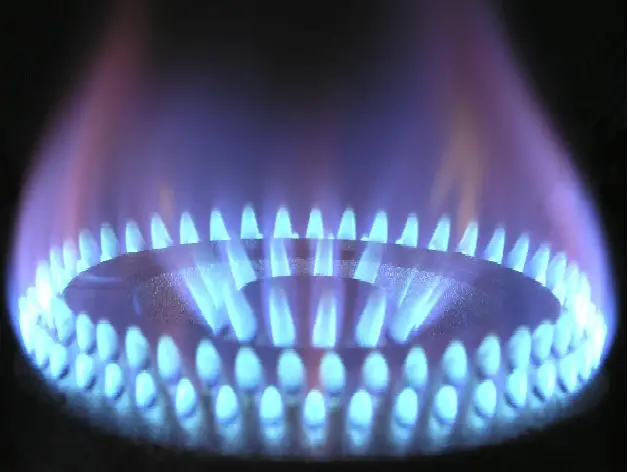On Thursday, Bloomberg reported that Germany faces significant gas shortages in the coming years, unless it can increase its fuel infrastructure, according to the INES group of gas storage operators.
The group maintains that the largest economy in the EU will run the risk of shortages when demand traditionally peaks, during the heating season. Although storage capacity is presently “developing positively,” and is almost 90 percent full, the group notes that a single cold winter could deplete the nation’s capacity and pose a threat to its energy security.
INES head Sebastian Bleschke said, “The danger of gas shortages during cold temperatures remains and will continue to accompany us until winter of 2026/2027 unless further infrastructure measures are taken.”
The group asserts that a single cold winter this coming heating season could deplete the reserves by January of 2024. INES suggested that the country should move to ameliorate the threat by installing additional liquified natural gas (LNG) terminals, storage capacity, and pipeline connections.
Prior to 2022, Germany had relied on Russia to supply roughly 40% of its gas demand with cheap Russian pipeline gas. It was, therefore, among the nation’s hardest hit by the reduction of Russian energy supplies throughout 2022, when deliveries were gradually reduced by a mixture of sanctions on Moscow and the maintenance difficulties they produced, until a sabotage attack on the Nord Stream 1 and Nord Stream 2 pipelines eliminated that route of supply entirely.
Due to the mild winter, conservation efforts, and the construction of LNG terminals, Germany was able to utilize LNG shipments to make up the difference and build up its storage. However as a new heating season approaches, with no guarantee it will be mild, Germany is facing a raft of warnings over a potential new gas crisis this winter.

